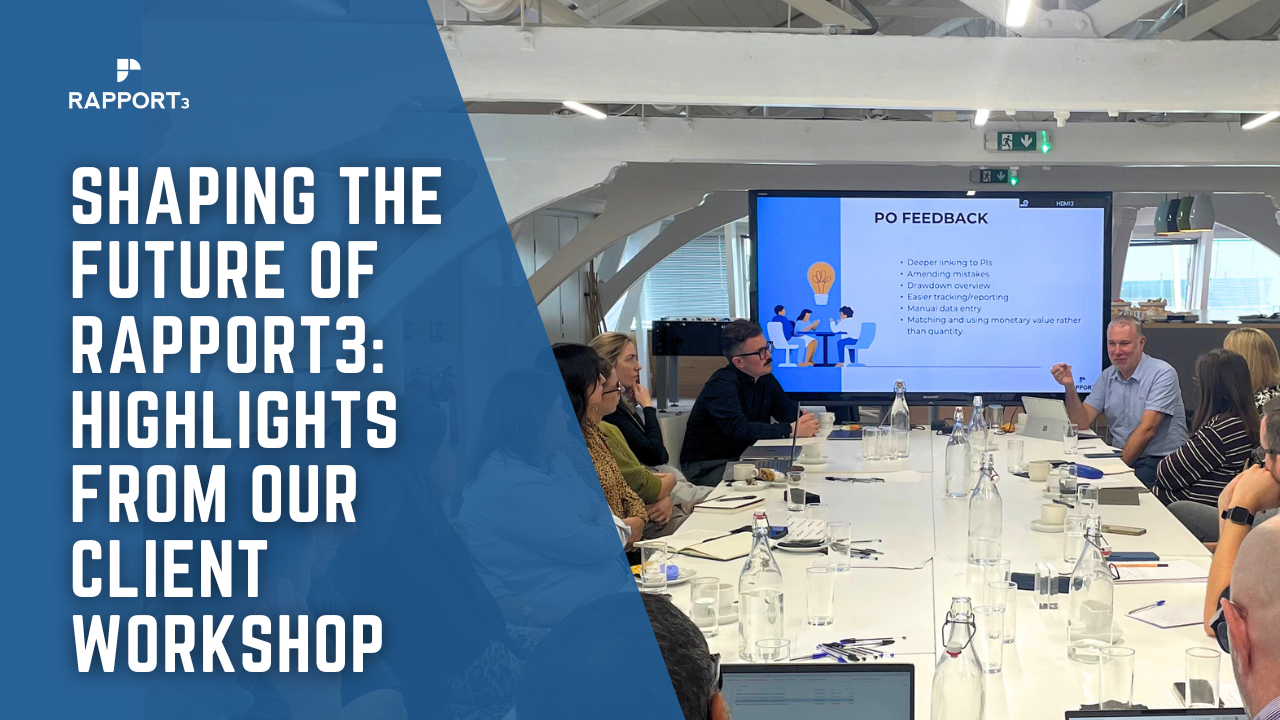The UK government's plans to reduce emissions by 78% by 2035.
Barriers to sustainable construction are prevalent when compounded against the rate of new developments throughout the UK economy. To ensure the UK’s targets for emission reductions are met, these barriers must be dismantled to facilitate sustainable construction.

The UK government set the ambitious target of reducing emissions by 78% by 2035 in comparison to levels in 1990. With a long way still to go, industry leaders and employers must address the obstacles to sustainable construction. So - what are the existing barriers?
Pre-Construction Constraints
Within the construction industry, key relationships with suppliers are important to establish loyalty, mutually beneficial processes and often better costing rates. Research suggests that establishing new relationships with sustainable suppliers acts as a barrier to pursuing sustainable construction projects. As a result, a limited use of sustainable suppliers could see a reduction in the adoption of sustainable development projects within the UK.
Prior to the construction phase, another barrier to sustainable construction is the lack of workers training in sustainable operations, subsequently delaying the adoption of sustainable projects. An example is a shortage of best practice guides, with tools and frameworks lacking clarity throughout the implementation practice.
Managerial Constraints
Research also suggests that when faced with immediate, often expensive incurred costs for sustainable projects, companies may face insufficient commitment from upper-level management due to concerns over lower profitability from higher costing. Further, some stakeholders are limited in their desire to push past minimal compliance regulations, where company focus is a low-cost project or attributed to their limited understanding of sustainable construction. As such, resistance to change is very common with companies who are new to sustainable projects.
Another barrier is lengthy waste management plans that must constantly be challenged and re-assessed throughout the entirety of a project's duration. These are viewed as unappealing from a financial perspective due to the time taken through extensive lines of communication and increases in cost.
Financial and Planning Constraints
Financial and planning constraints are two of the larger factors contributing to the challenge of increasing sustainable construction. Such financial constraints can be the result of limited funding for public sector organizations, undeniably making high initial incurred costs for sustainable materials and technology unfavourable in comparison to less sustainable builds.
Planning for sustainable projects often takes longer due to increased need for certification and the process of obtaining the materials.
Solutions
Research suggests a solution to employees' limited knowledge on sustainability is to train employees so they can enhance their understanding of sustainability within construction. Additionally, employee acquisition of qualified personnel is also desirable as it provides the relevant skills within the team to take on sustainable projects.
Furthermore, adopting a proactive planning method for sustainable development may help to mitigate the extended time period for projects that take longer to complete. Such a solution also benefits the client as the project is completed faster than anticipated.












